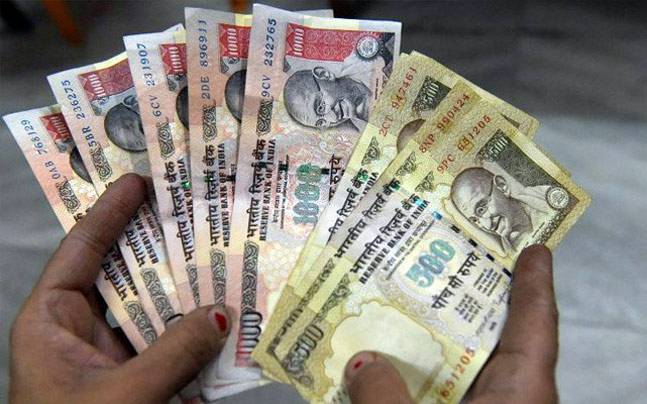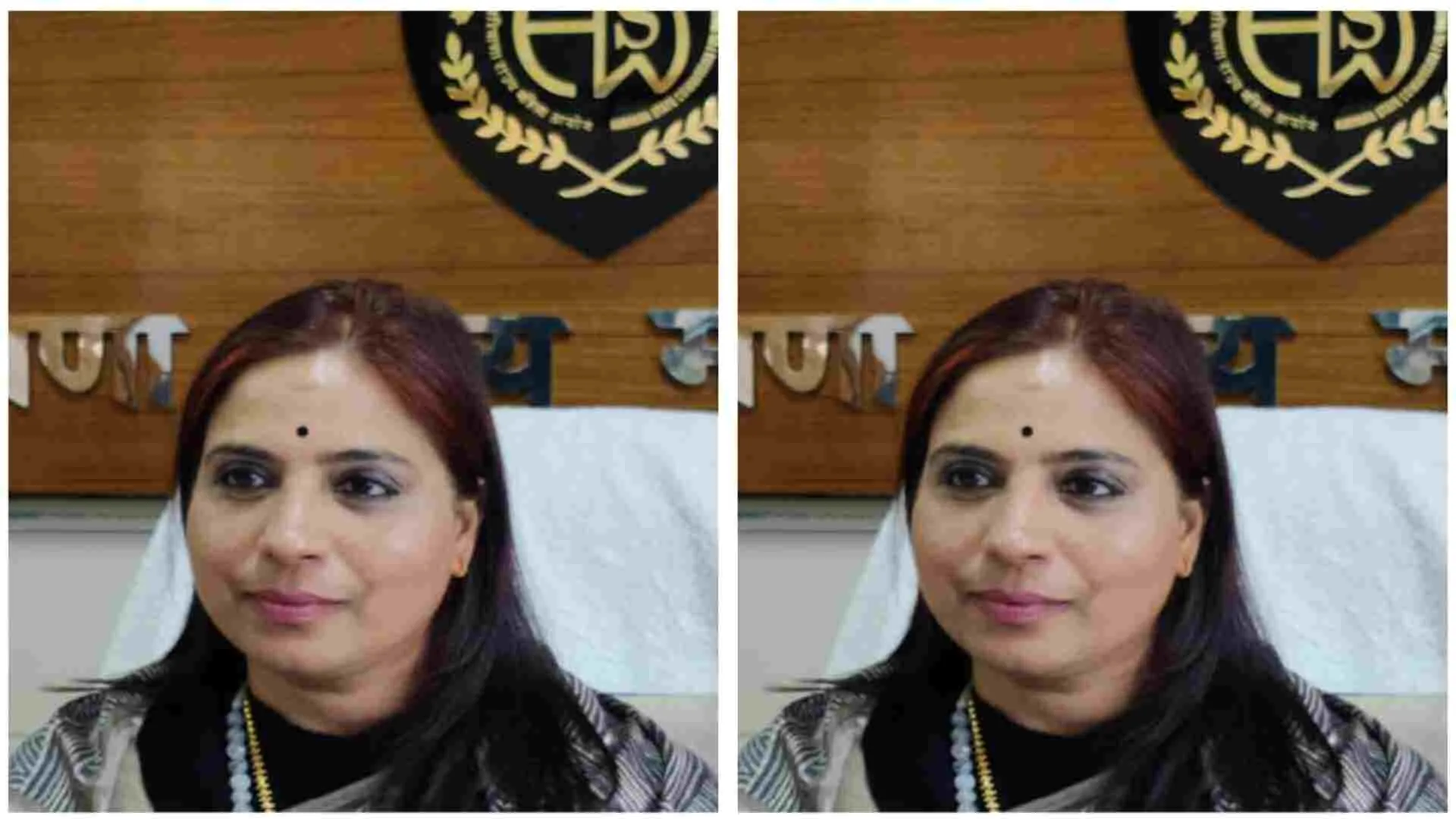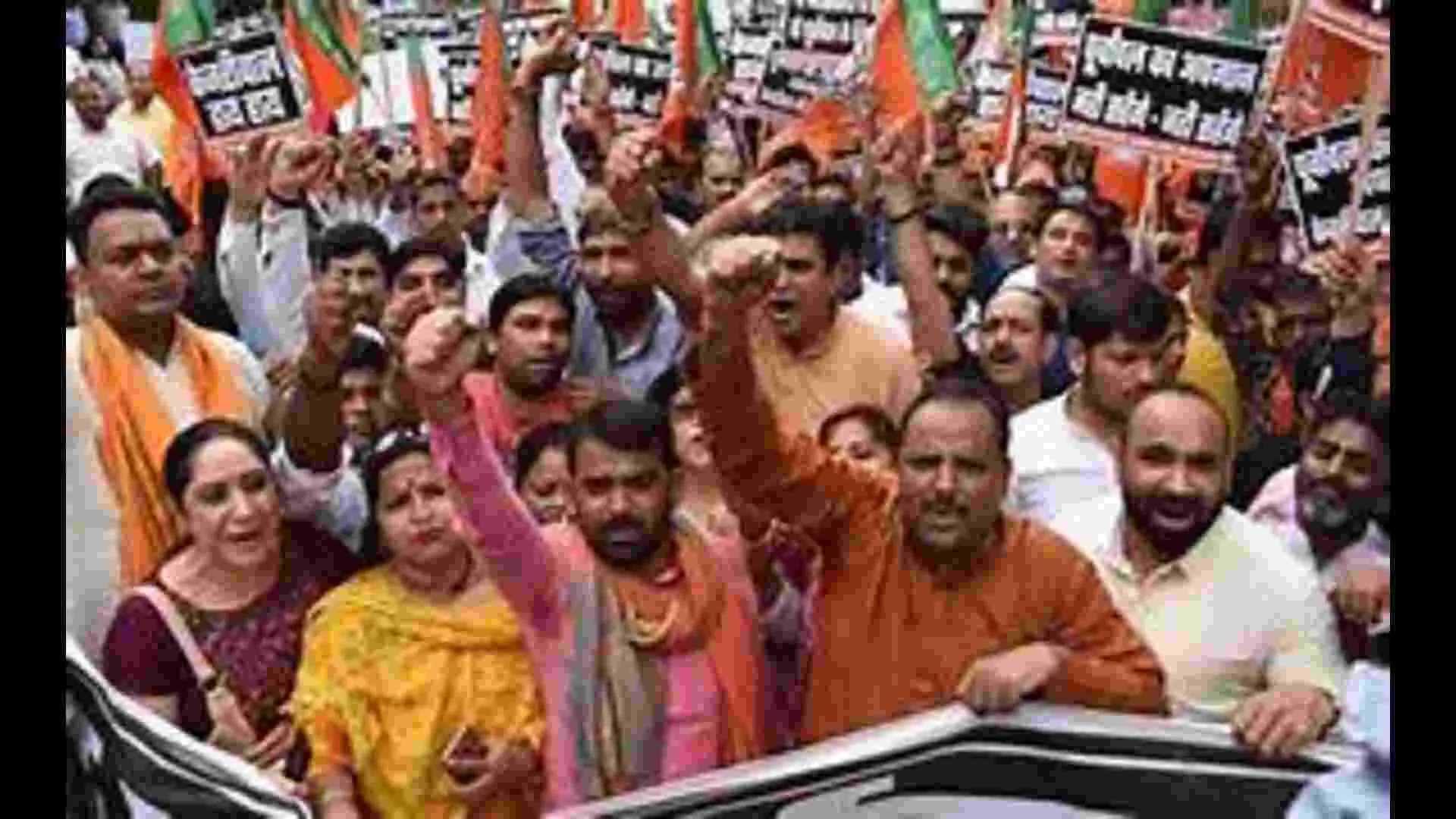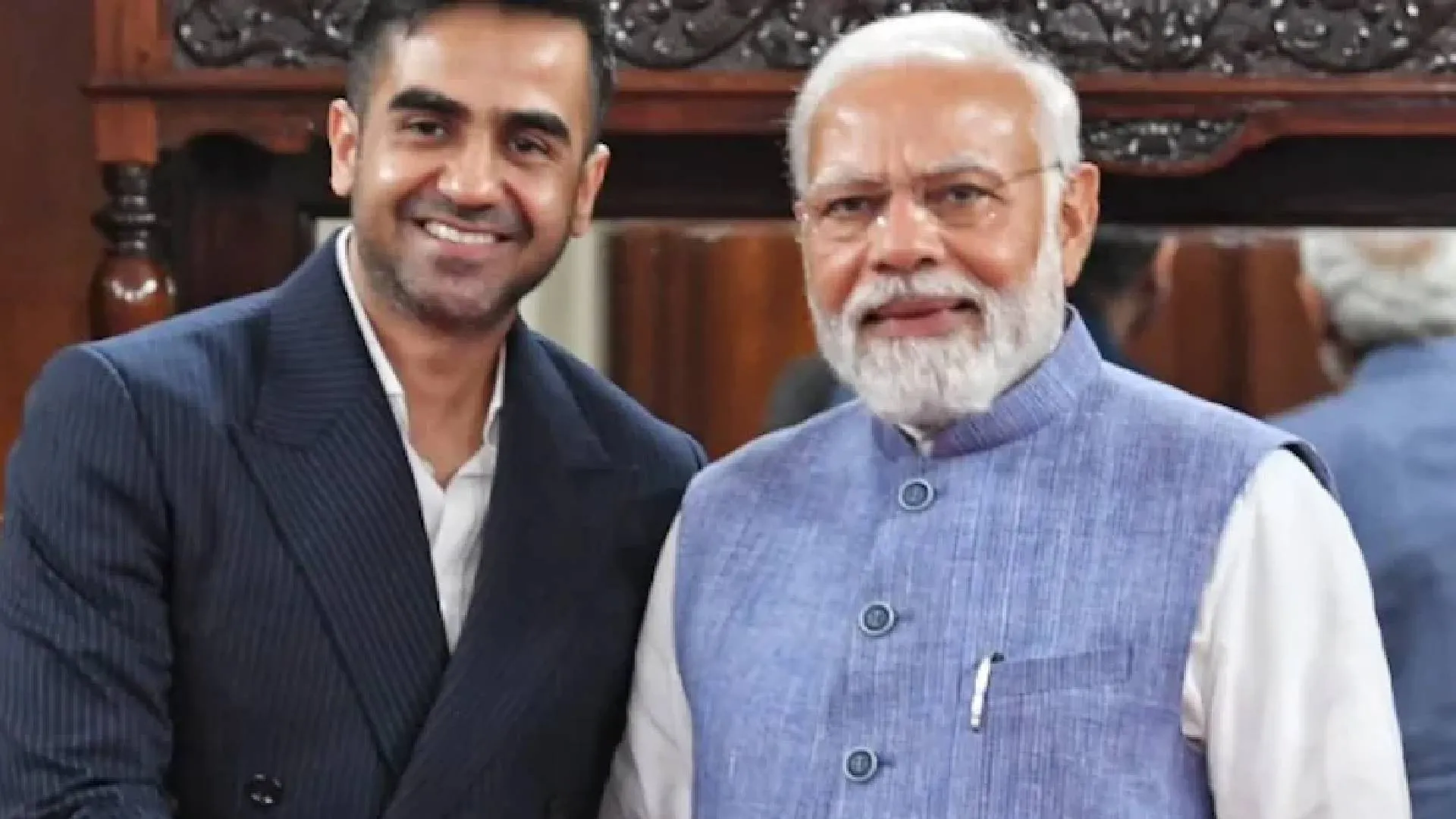The Supreme Court on Wednesday will hear pleas challenging the centre’s decision to demonetise currency notes of Rs 500 and Rs 1,000 in 2016.
A five-judge bench headed by Justice Abdul Nazeer will hear the matter tomorrow. Other judges on the bench include Justices BR Gavai, AS Bopanna, V Ramasubramanian, and BV Nagarathna. The matter is listed for directions on 28 September 2022.
Various petitions were filed arising from the decision of the Government of India to demonetise the old notes of Rs 500 and Rs 1000.
One of the petitions was filed by Vivek Narayan Sharma. The petition challenged the notification dated 8 November 2016.
The court will decide whether the November 8, 2016 notification violates Section 26(2) and Sections 7,17,23,24,29, and 42 of the Reserve Bank of India Act, 1934, and whether the notification violates the provisions of Article 300(A) of the Constitution.
Besides this, the court will also deal with issues of whether the notification has been validly issued under the Reserve Bank of India Act, 1934 and whether it is ultra vires Articles 14 and 19 of the Constitution; and whether the limit on withdrawal of cash from the funds deposited in bank accounts has no basis in law and violates Articles 14, 19, and 21.
The court will also consider whether the implementation of the impugned notification(s) suffers from procedural and substantive unreasonableness and thereby violates Articles 14 and 19.
The top court will also deal with the scope of judicial review in matters relating to the fiscal and economic policy of the Government and whether a petition by a political party on the issues raised is maintainable under Article 32.

















